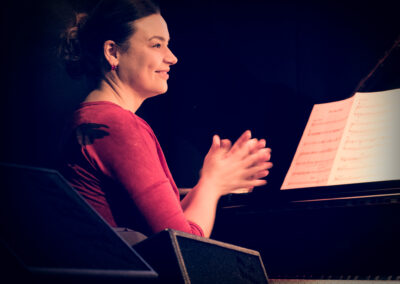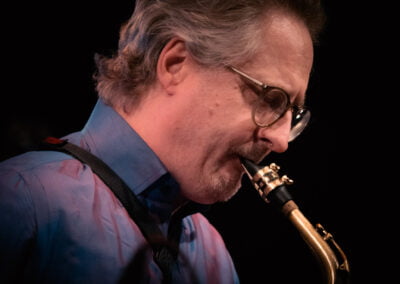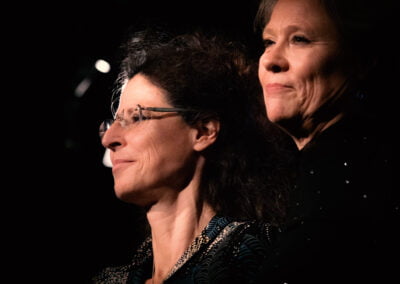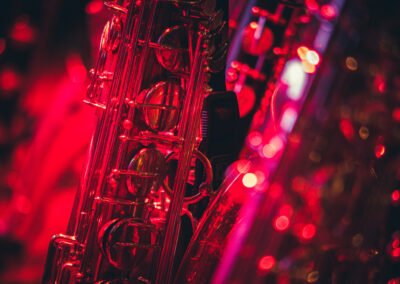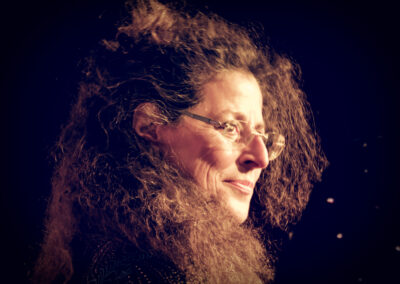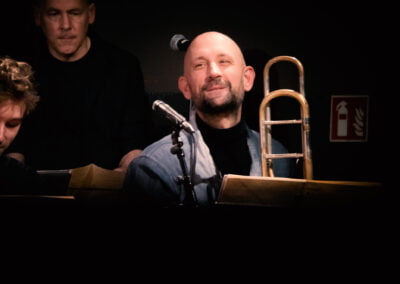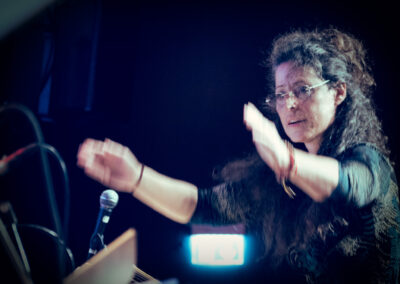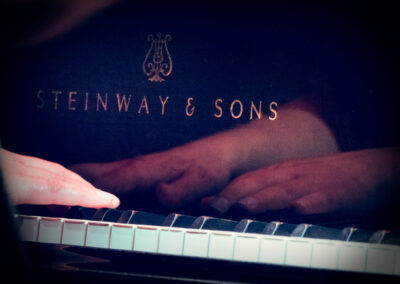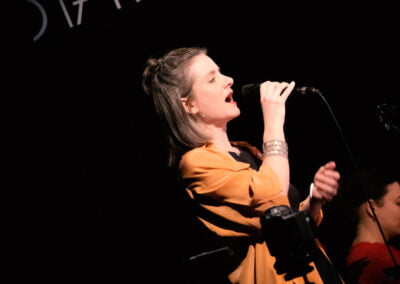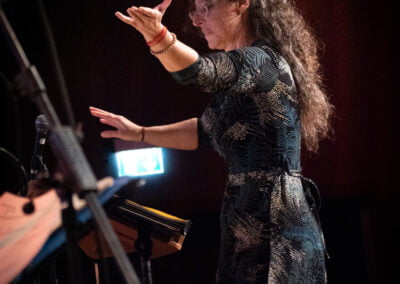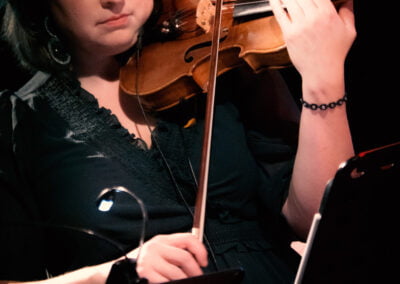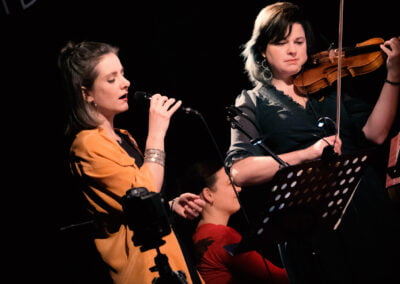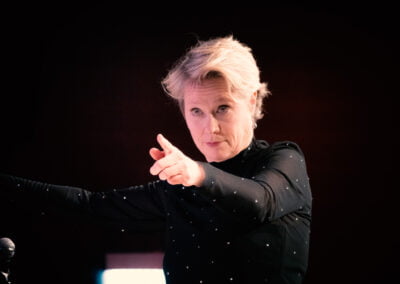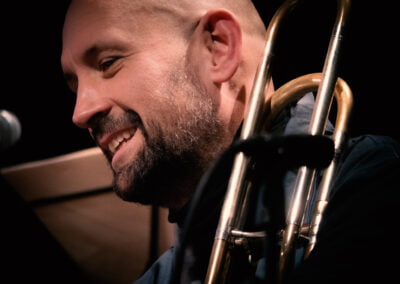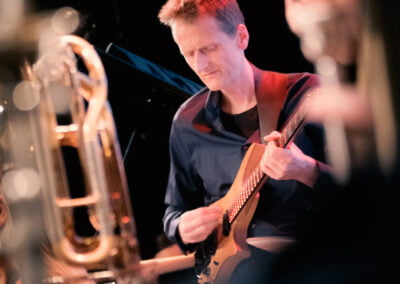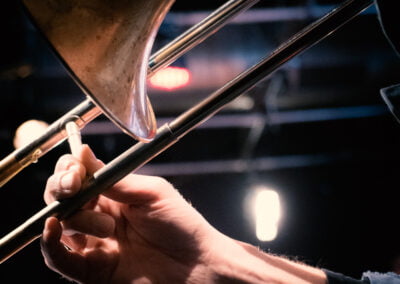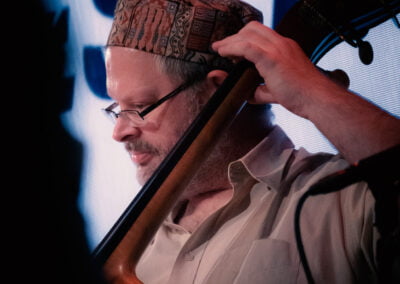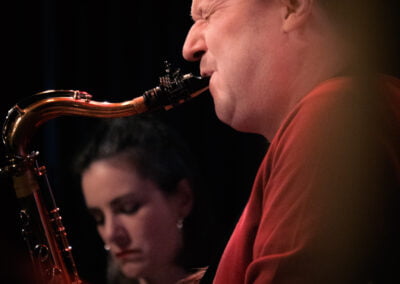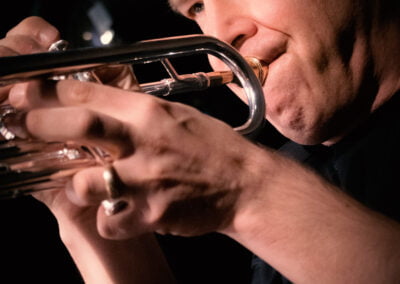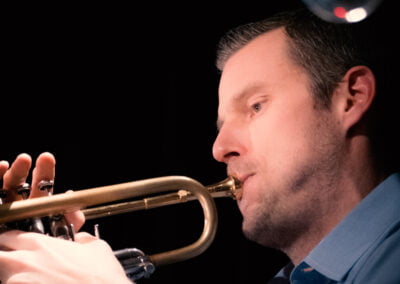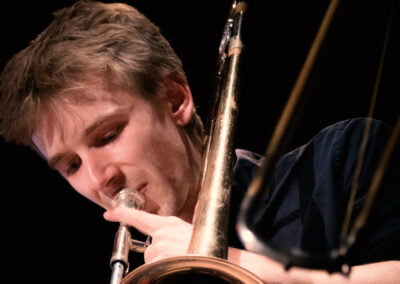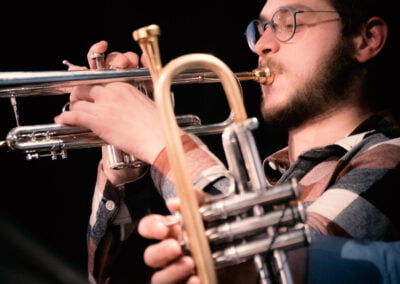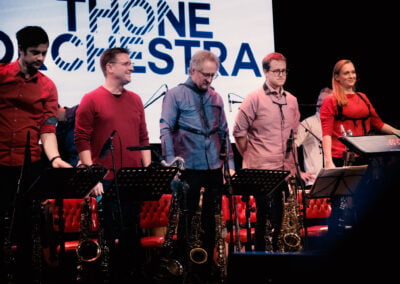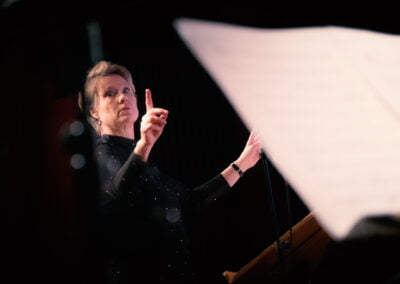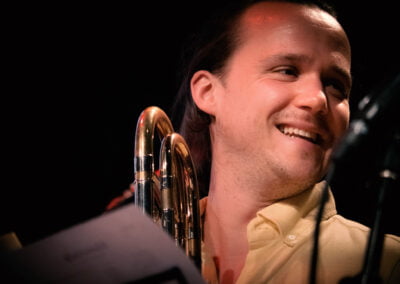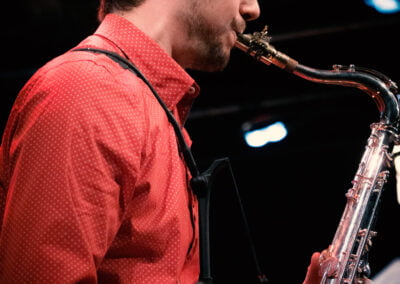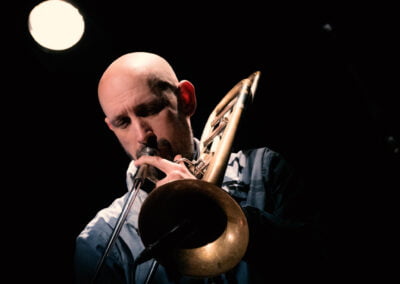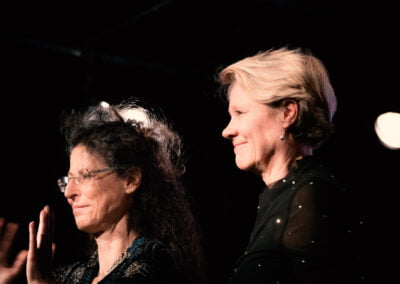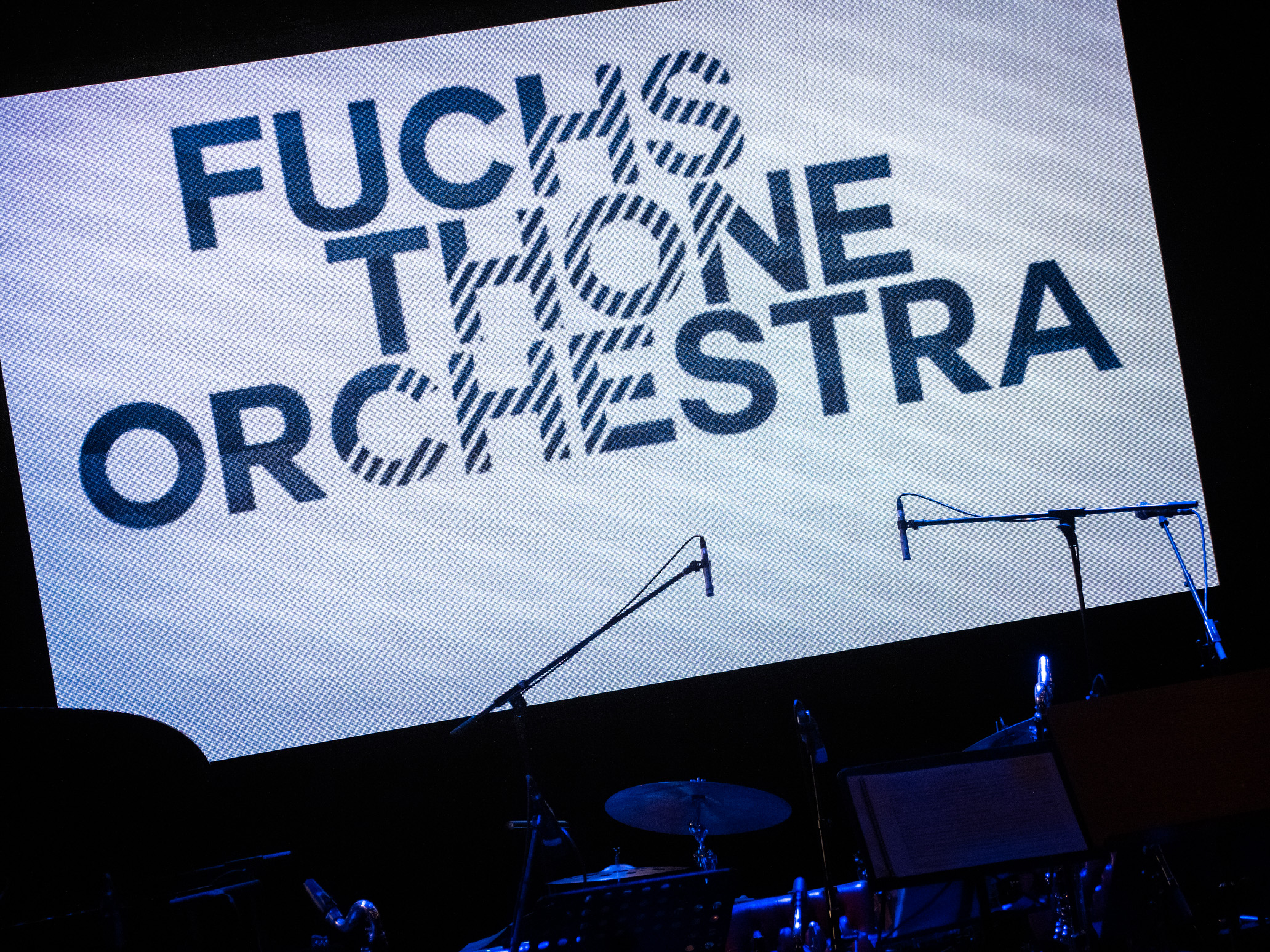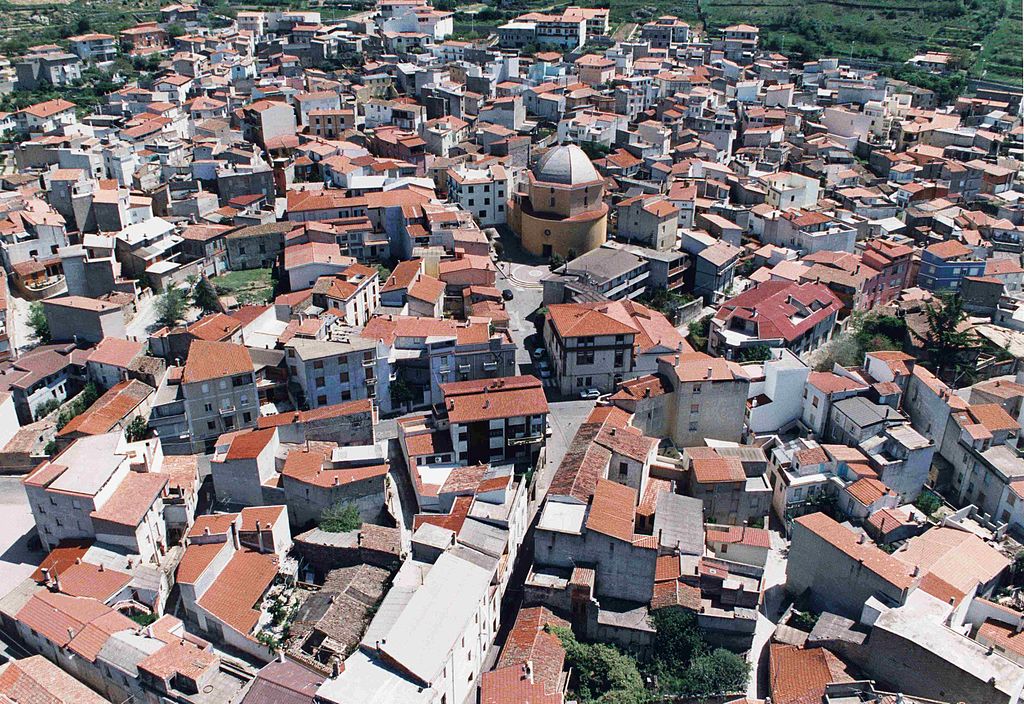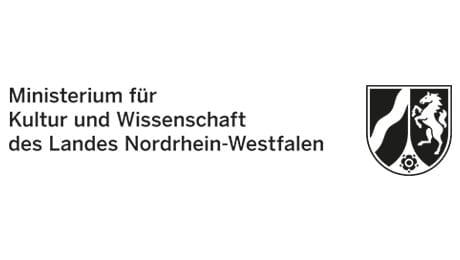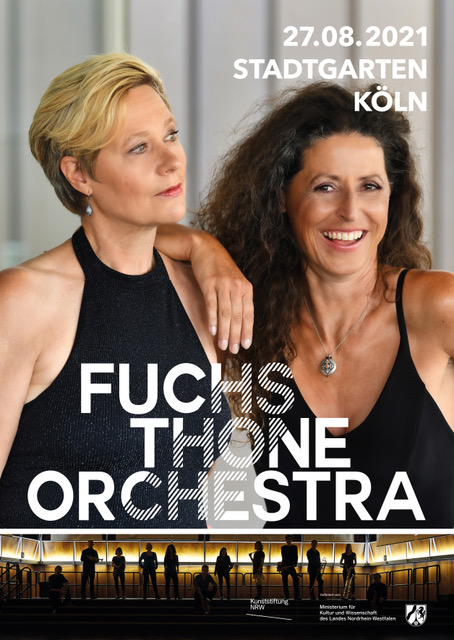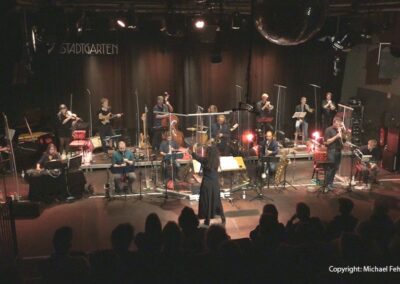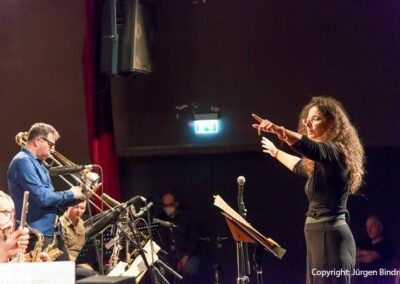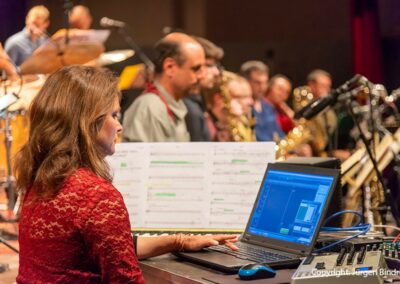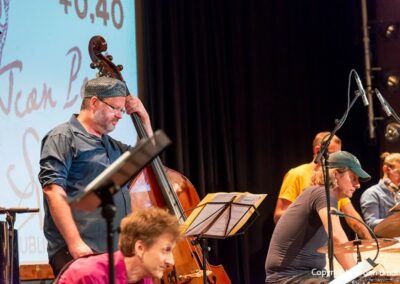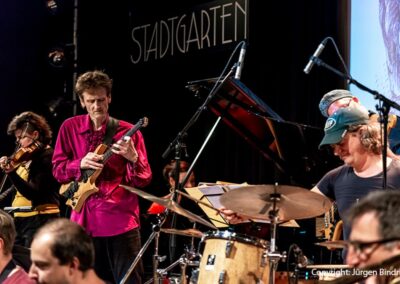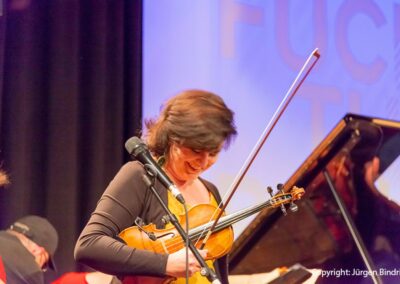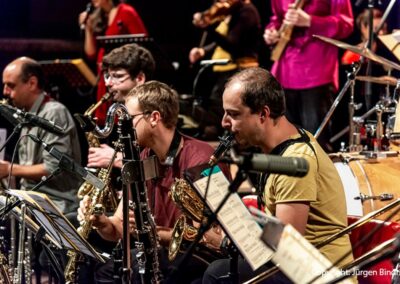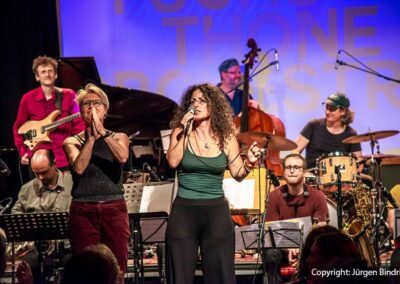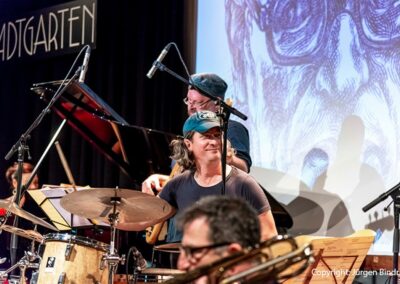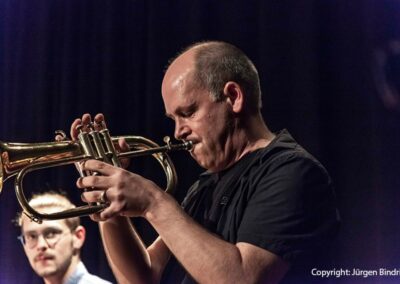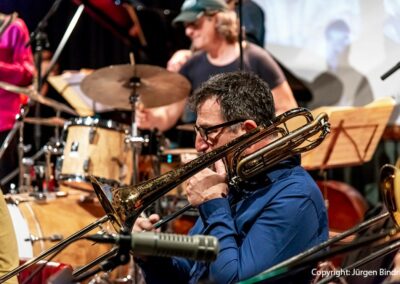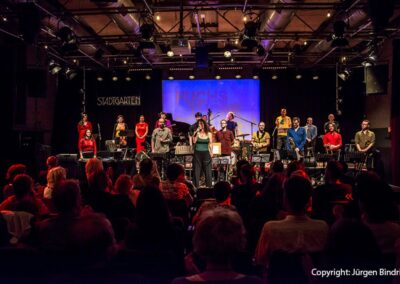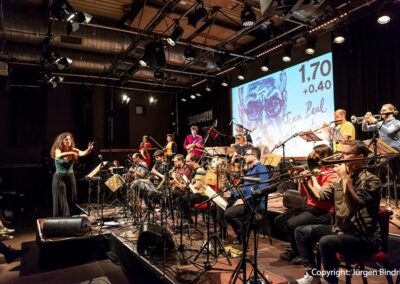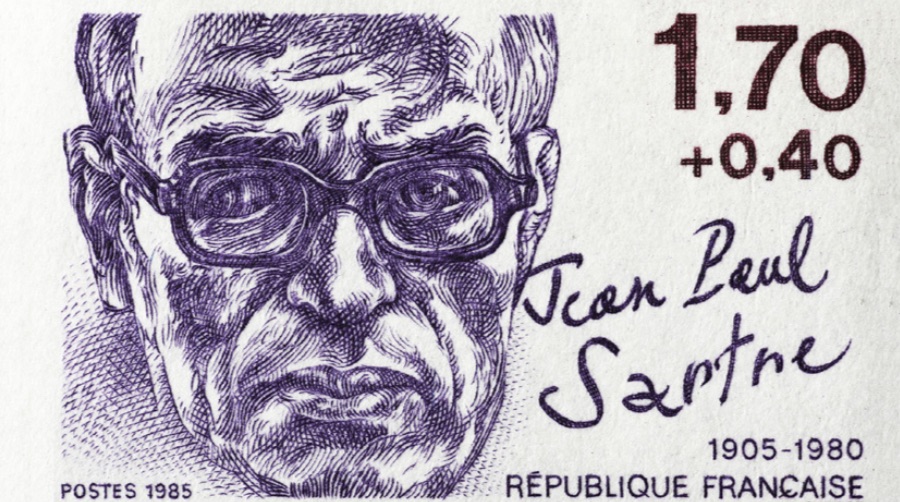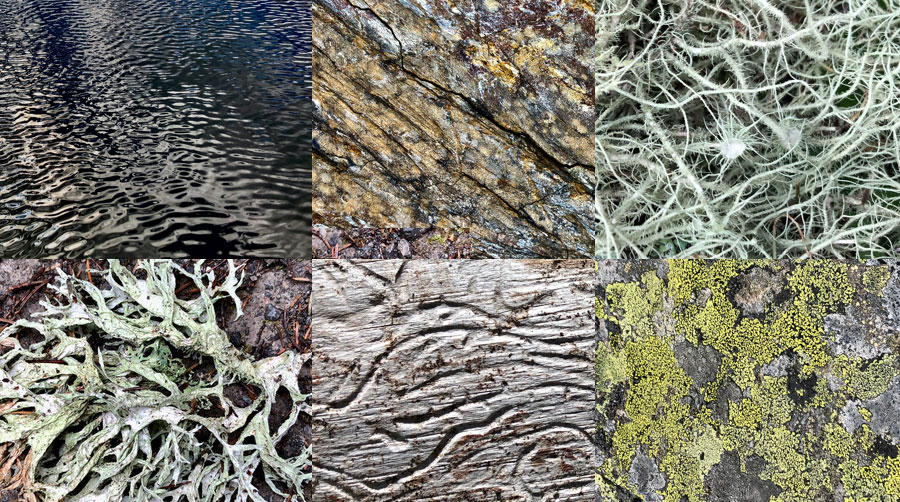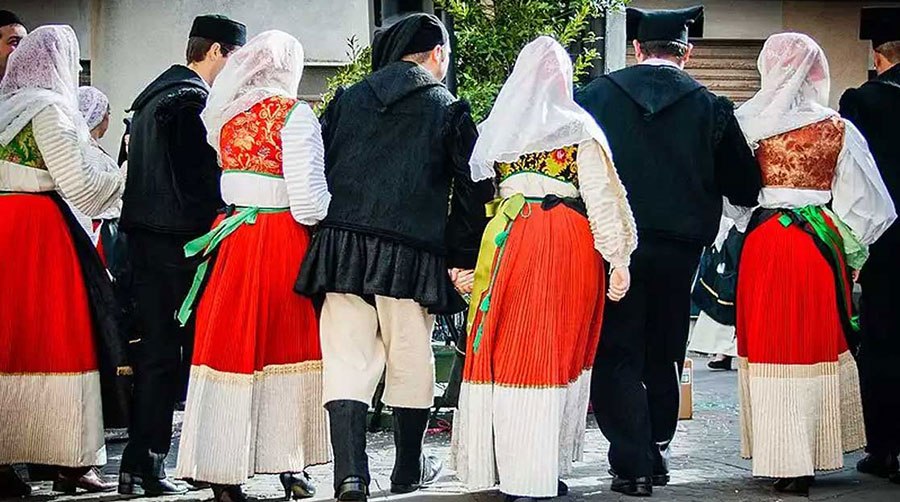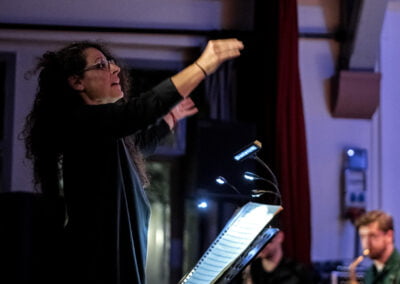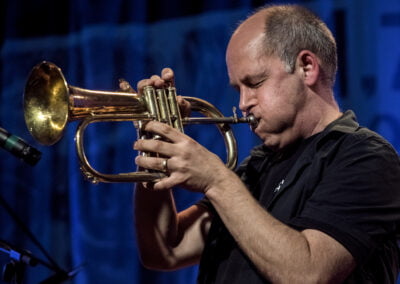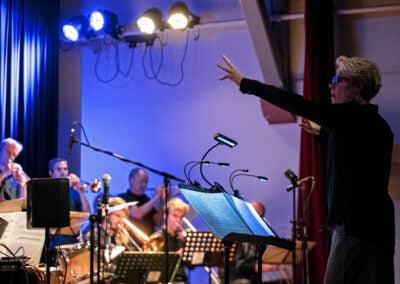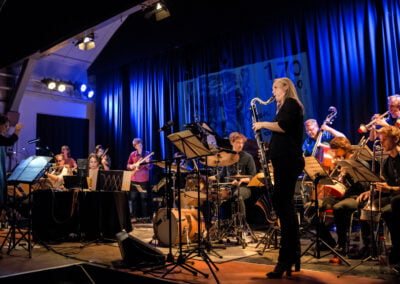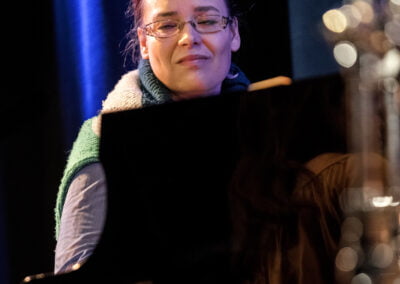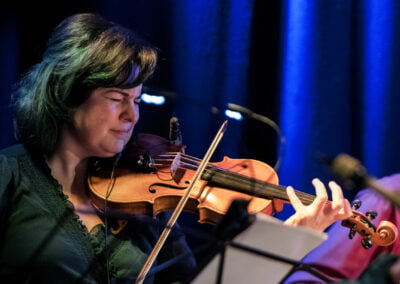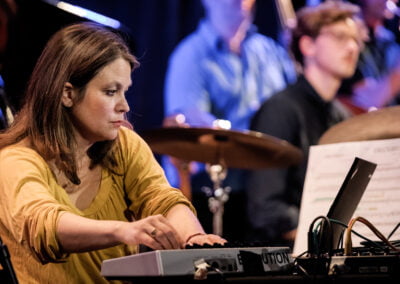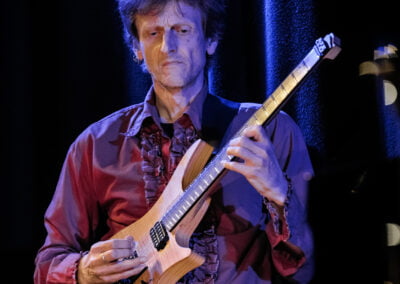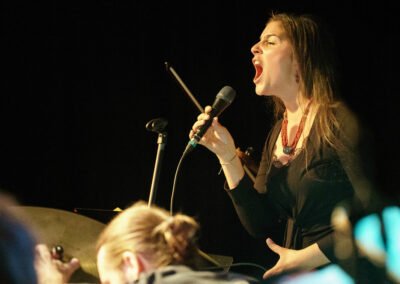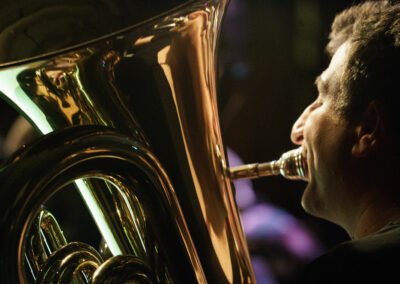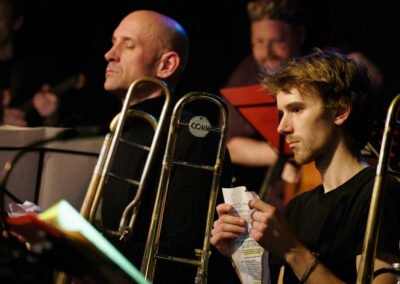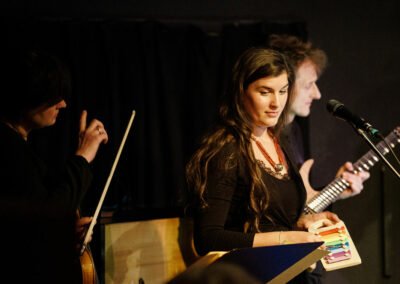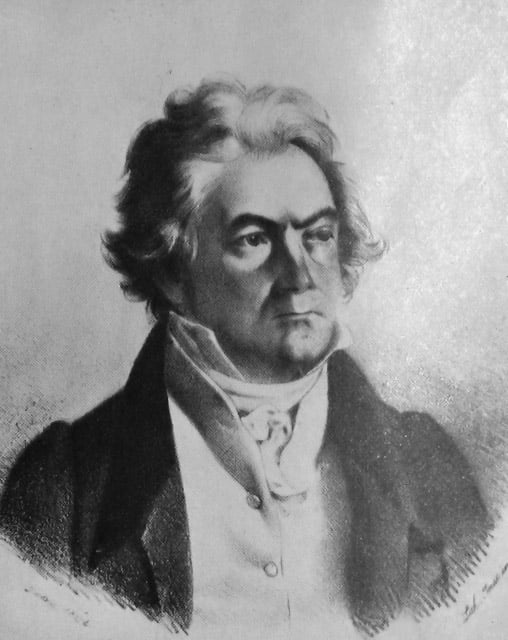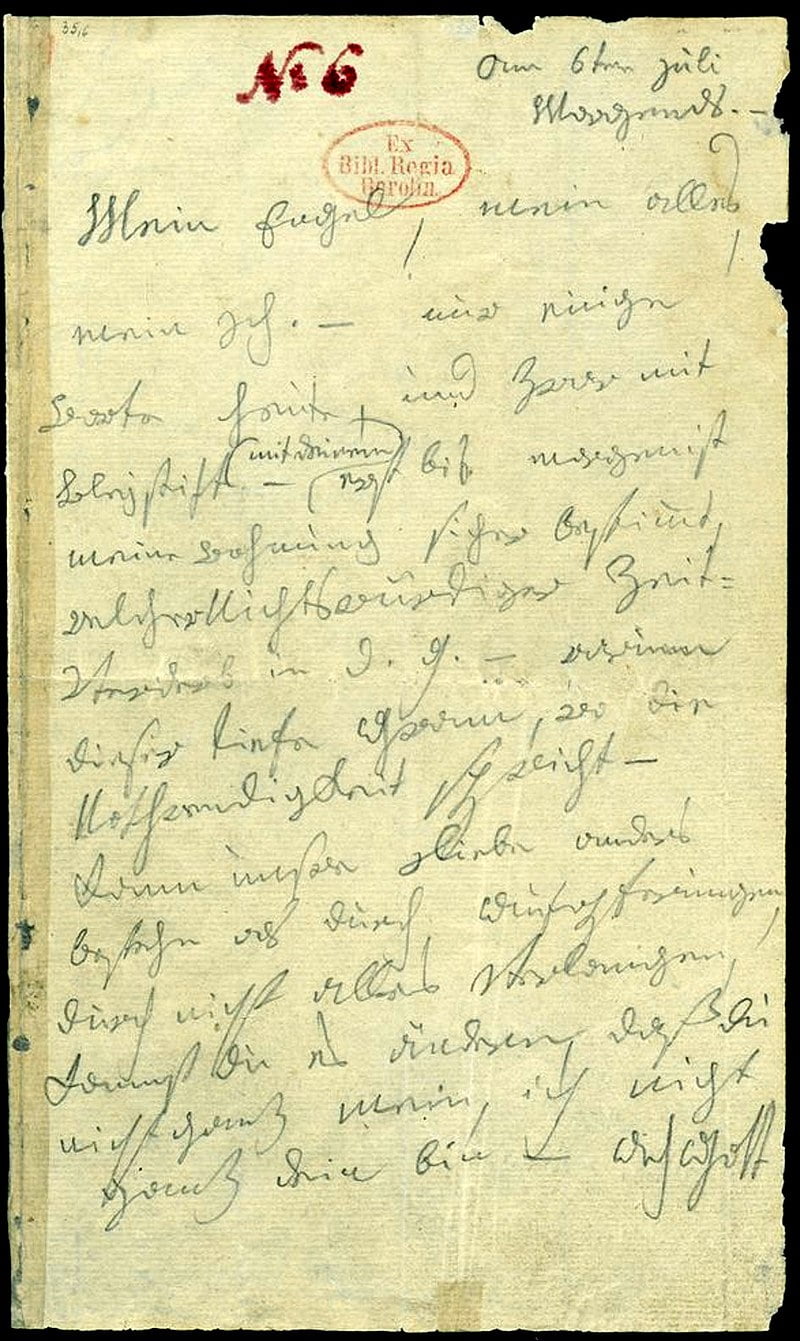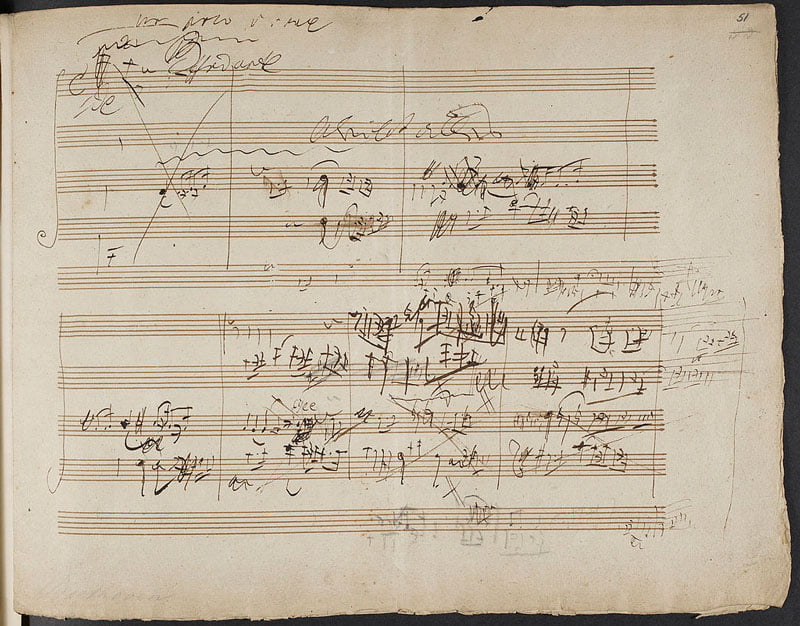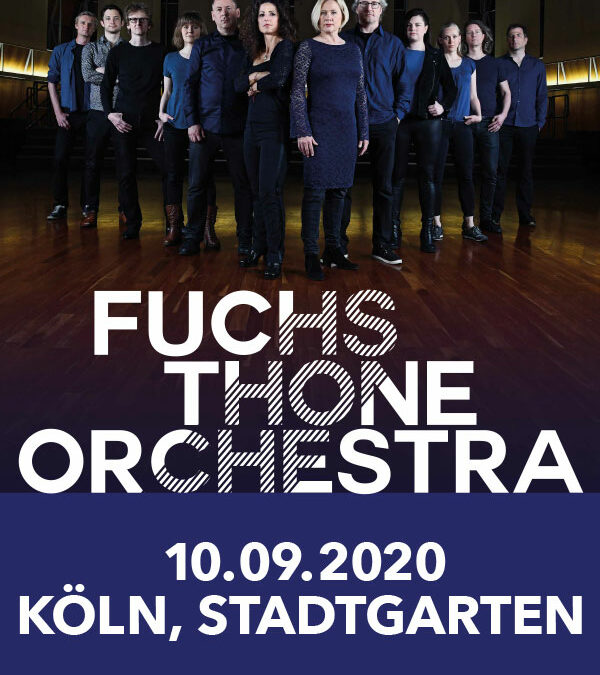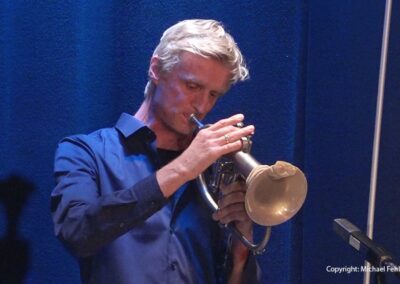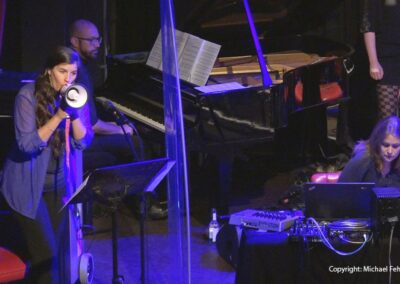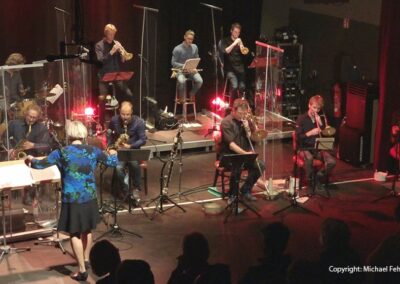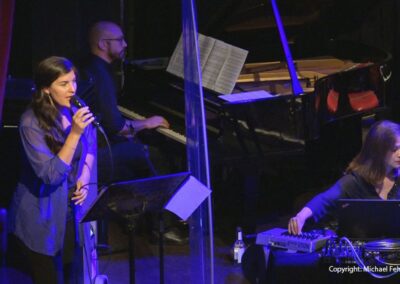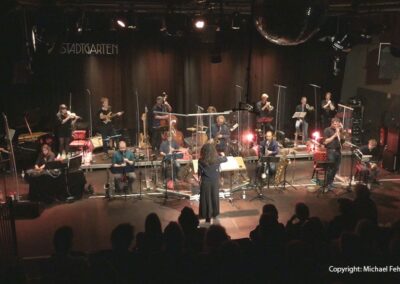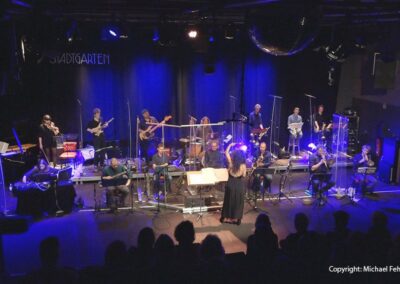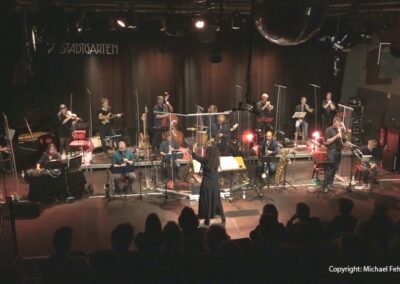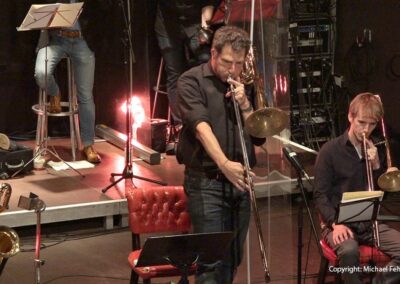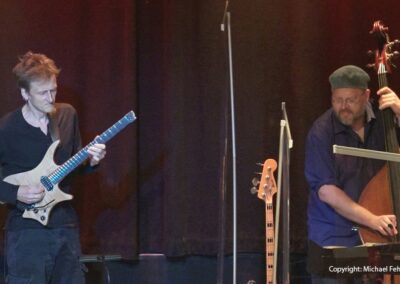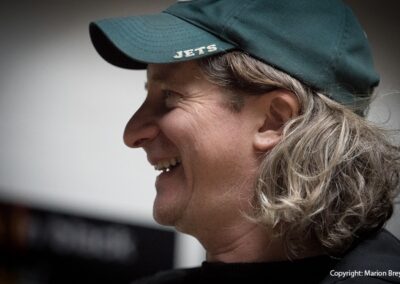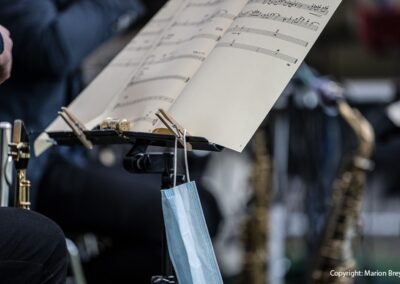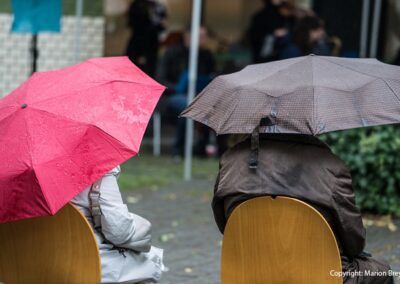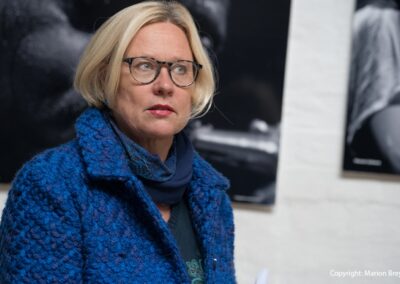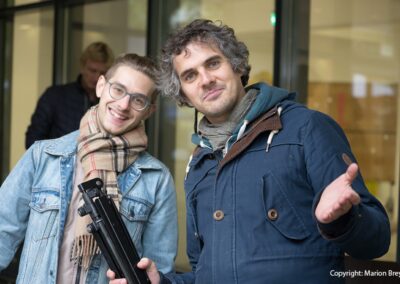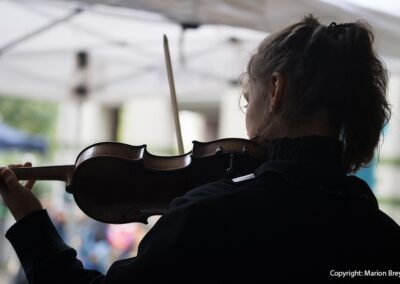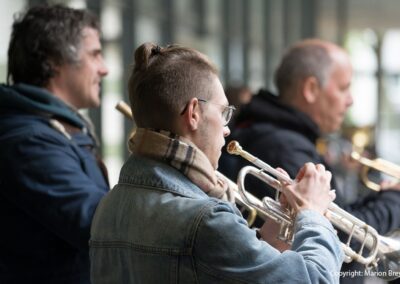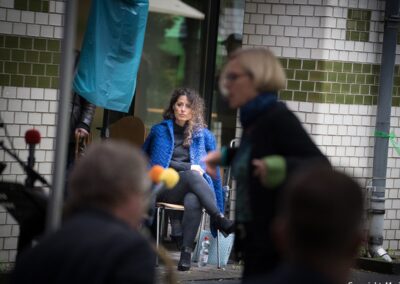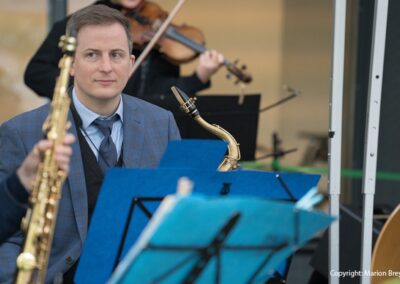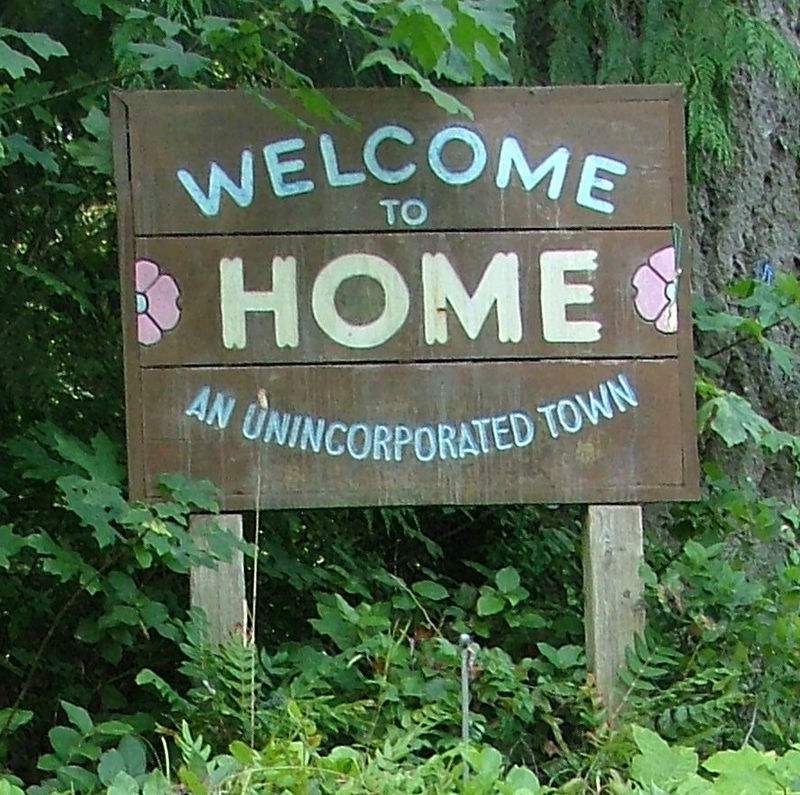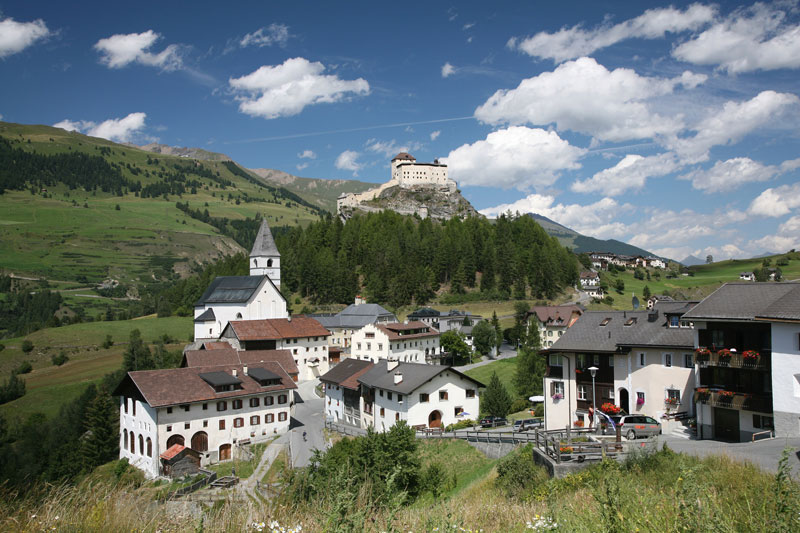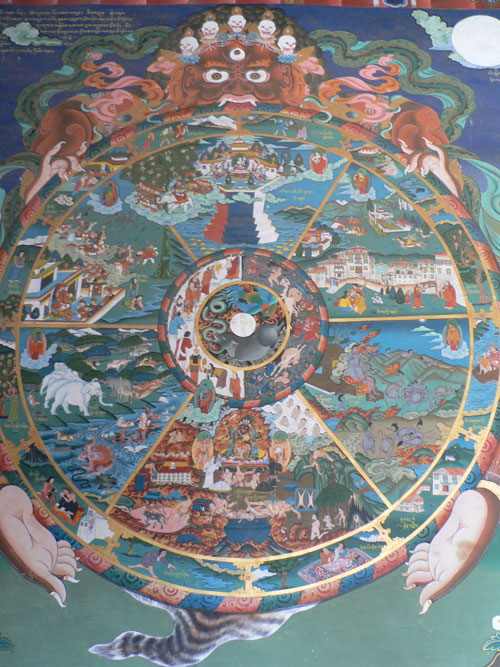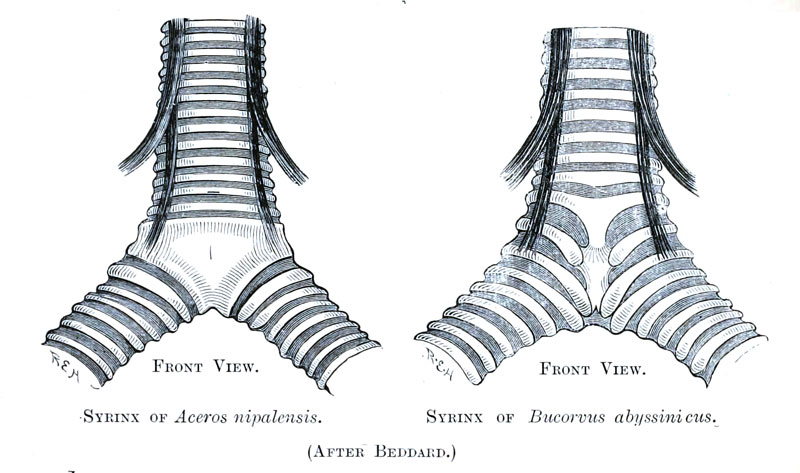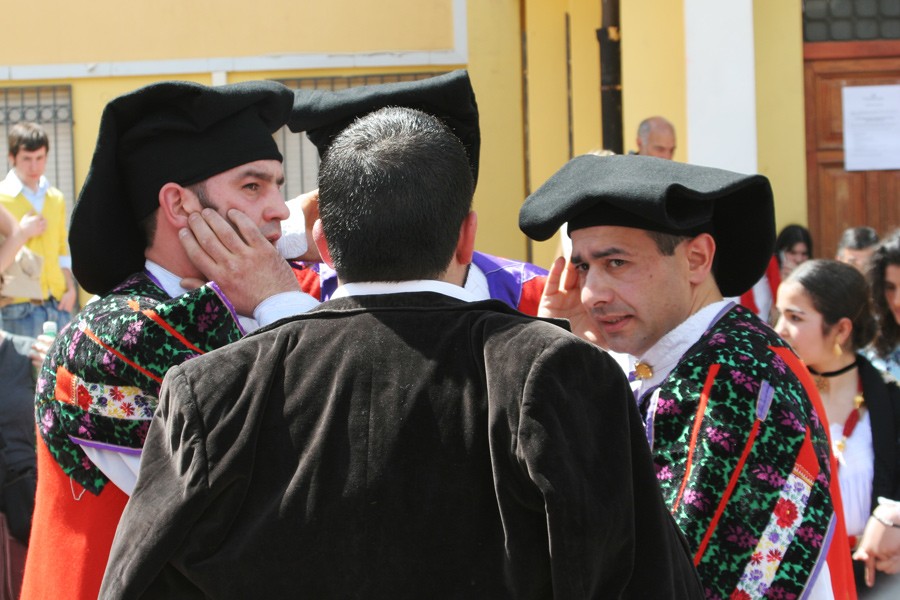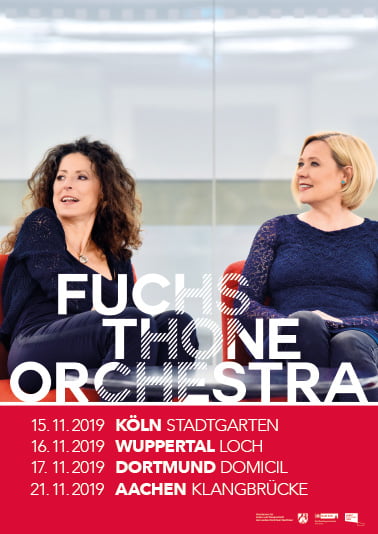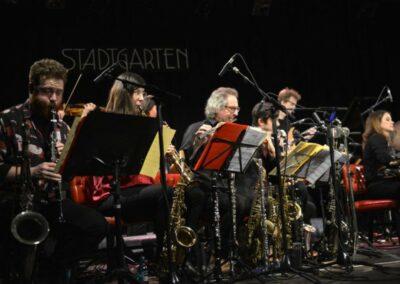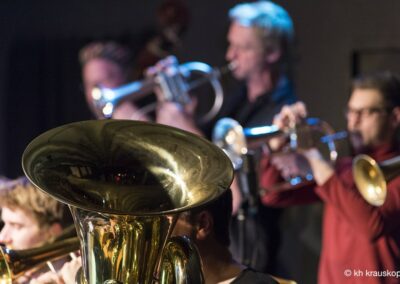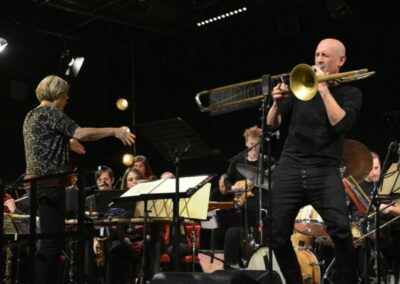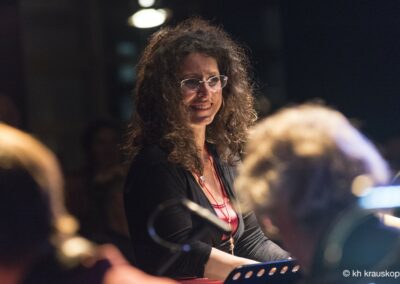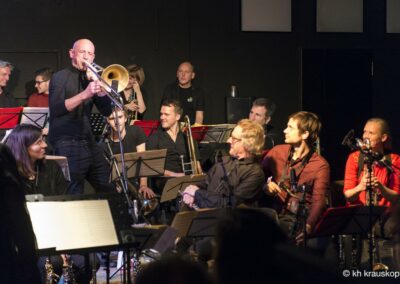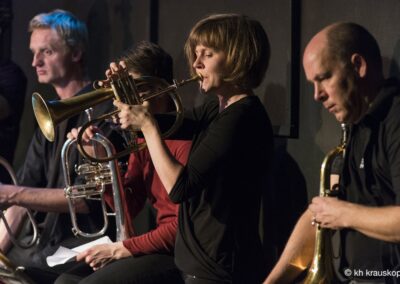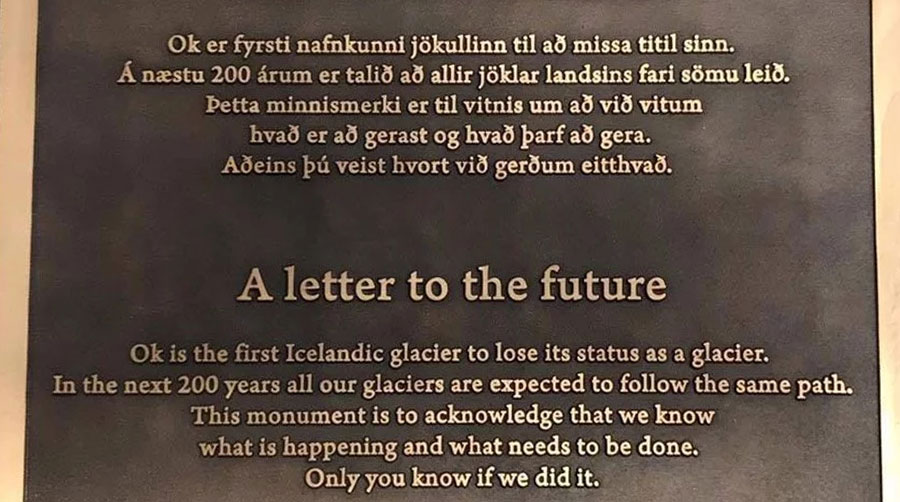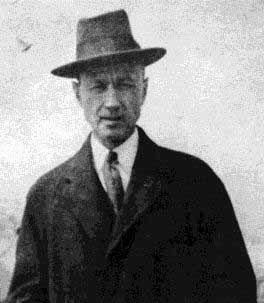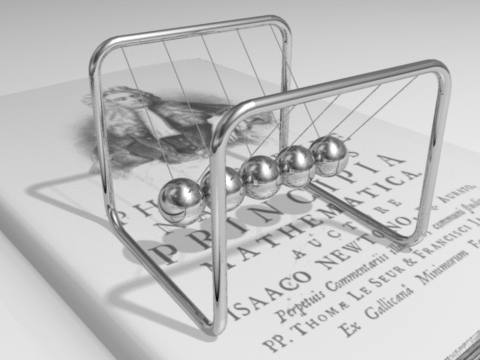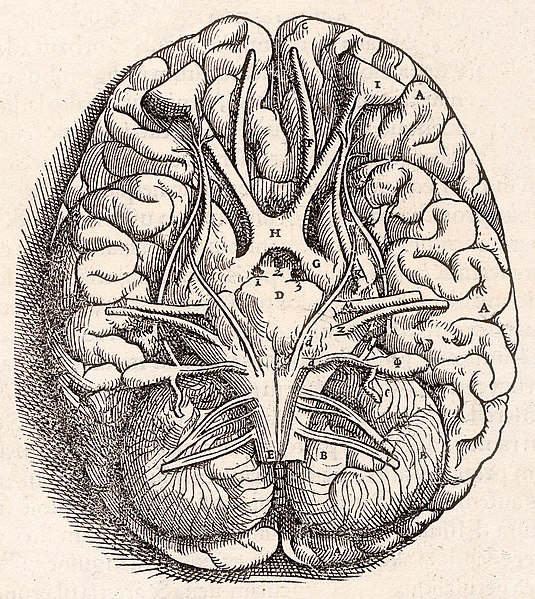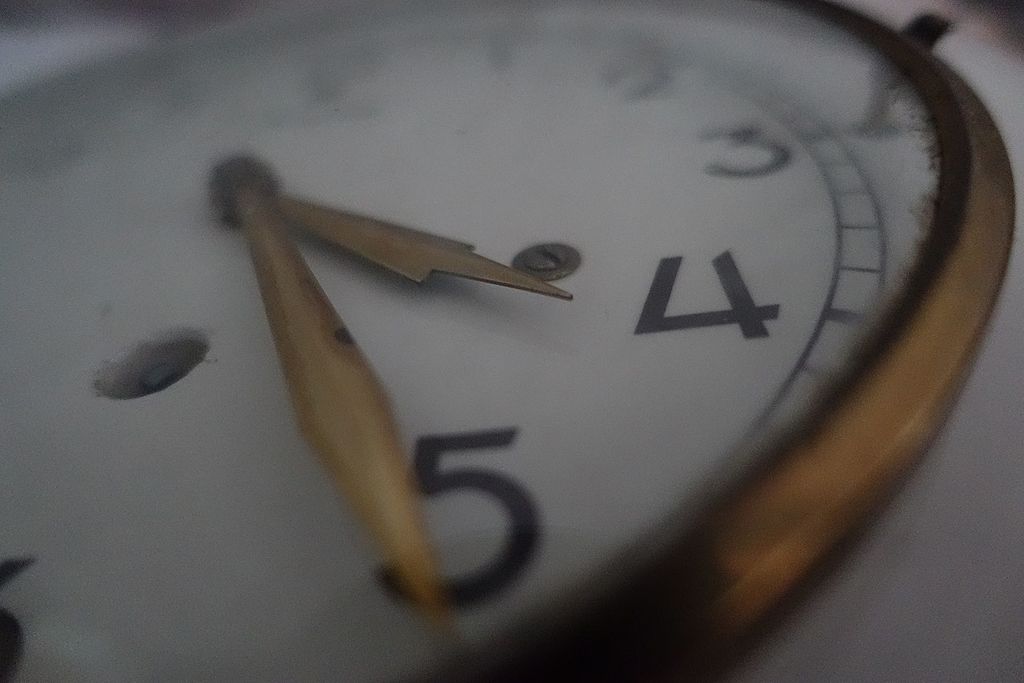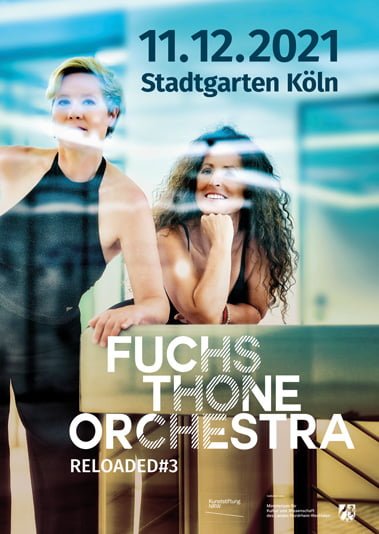
FUCHSTHONE RELOADED #3 (2021)
FUCHSTHONE RELOADED #3 (2021)
PROJECT
Just a few months after RELOADED#2, the 3rd series concert “FUCHSTHONE RELOADED#3” already takes place in December 2021. In fall 2021, the orchestra has continued to work intensively on the use and creative implementation of electronics in the orchestral context. Due to health reasons, this concert had to take place without our artist Eva Pöpplein, who is an expert for electronic sound collages and sound art.
The line-up on Dec.11, 2021 in the Stadtgarten:
Caroline Thon, Christina Fuchs (composition, conduction, arrangement),
Roger Hanschel, Martin Gasser, Veit Lange, Jens Böckamp, Susanne Weidinger (saxophone, clarinets, flutes),
Christian Mehler, John-Denis Renken, Matthias Bergmann, Matthias Schwengler (trumpets),
Philipp Schittek, Matthias Schuller, Matthias Muche (trombones),
Wolf Schenk (basstrombone, tuba),
Zuzana Leharovà (violin),
Barbara Barth (vocal),
Laia Genc (piano),
Andreas Wahl (guitar),
Alex Morsey (bass),
Jens Düppe (drums)
At very short notice, the ensemble and its directors focus on their improvisational skills. The material of the composition is spontaneously realised somehow differently – without sound collages and computer samples.
The result is both amazing and convincing: the concept of considering electronics (samples and sounds) as another instrument also works in reverse: any instrument can also be considered as “electronics”.
The following pieces are on the program:
1) SEE THE TRUTH
(Composition: Caroline Thon)
This composition (written in 2012) originally aimed at the treatment of lovesickness. When you realise that you have been immensely deceived by your longed-for counterpart and refused to admit it for a long time, it has to really “hurt” until you accept the fact.
In the 2021 adapted version, besides the revision of the composition and adding a text, also the content has been broadened. Now it is mainly about the desire to always be able to perceive the bright sides in every encounter – no matter how negative or aggressive it may be. A noble undertaking … but worthwhile!
2) ICELAND III
(Composition: Christina Fuchs)
This is a re-arrangement of the composition ICELAND according to the concept of “reloaded”: new sounds, a different main focus and soloists give the piece a different appearance.
Christina Fuchs:
“”Since I was traveling in Iceland myself in 2021, scrambling around on some glaciers and taking field recordings, the subject wouldn’t let me go.”
3) THE BEAUTY – Part II
(Composition: Caroline Thon)
Caroline Thon:
“THE BEAUTY is in fact the 2nd movement of my 4-part suite HIGH FIDELITY OF MATERIALISM. This composition is an homage to nature and expresses the amazement of being able to experience, for example, a murmuring brook in the sunlight. This is accompanied by quotations from the Latin poet Lucretius, which, however, are meant to question his eternalism.
In contrast, the melody of a long-life practice based on Tibetan Buddhism resounds, which is about the balance of the five elements water, fire, earth, air and iron (space).“
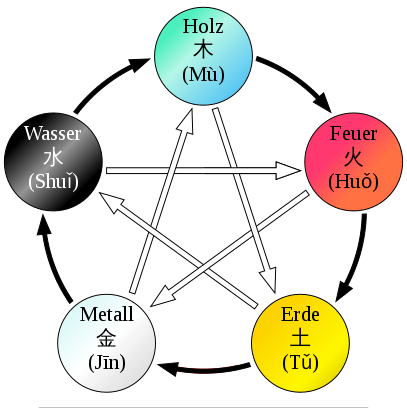
4) SYRINX
(Composition: Christina Fuchs)
A re-arrangement of the composition SYRINX according to the concept of “reloaded”.
Transcriptions of bird songs as a loose resemblance to the sound of a cathedral in the woods. Single bird or instrumental parts are brought into a harmonic and rhythmic context, which are always the basis for improvisations.
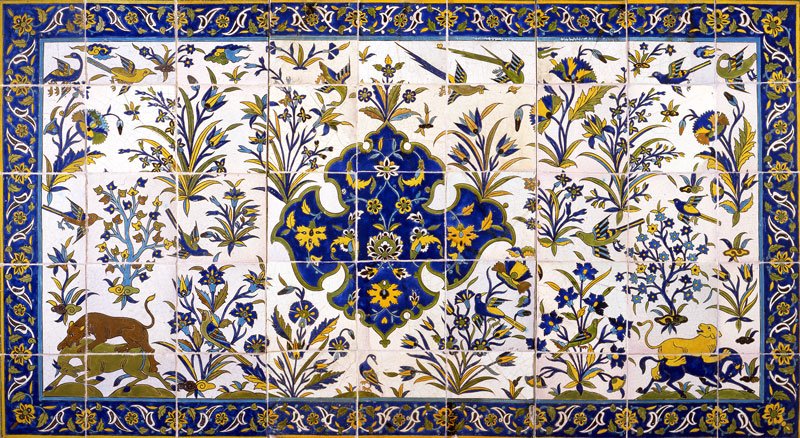
5) LEDNESIP
(Composition: Caroline Thon)
In this composition Caroline Thon was inspired by the unique sound colours of baroque music.
A contemporary of the great composer Johann Sebastian Bach and at the same time the most famous violin virtuoso of the late Baroque, Johann Georg Pisendel (1687 – 1755), had composed a violin sonata (in D major), whose second movement (Larghetto) was particularly captivating to the jazz composer because of its beautiful melodies and a very unique harmony.
An intertwining web of melodies is seemingly designed to continue on and on, making the identification of distinct formal parts obsolete. The magic of the music simply never ends.
This composition “Lednesip” is an adaptation of “Larghetto” for contemporary jazz orchestra.
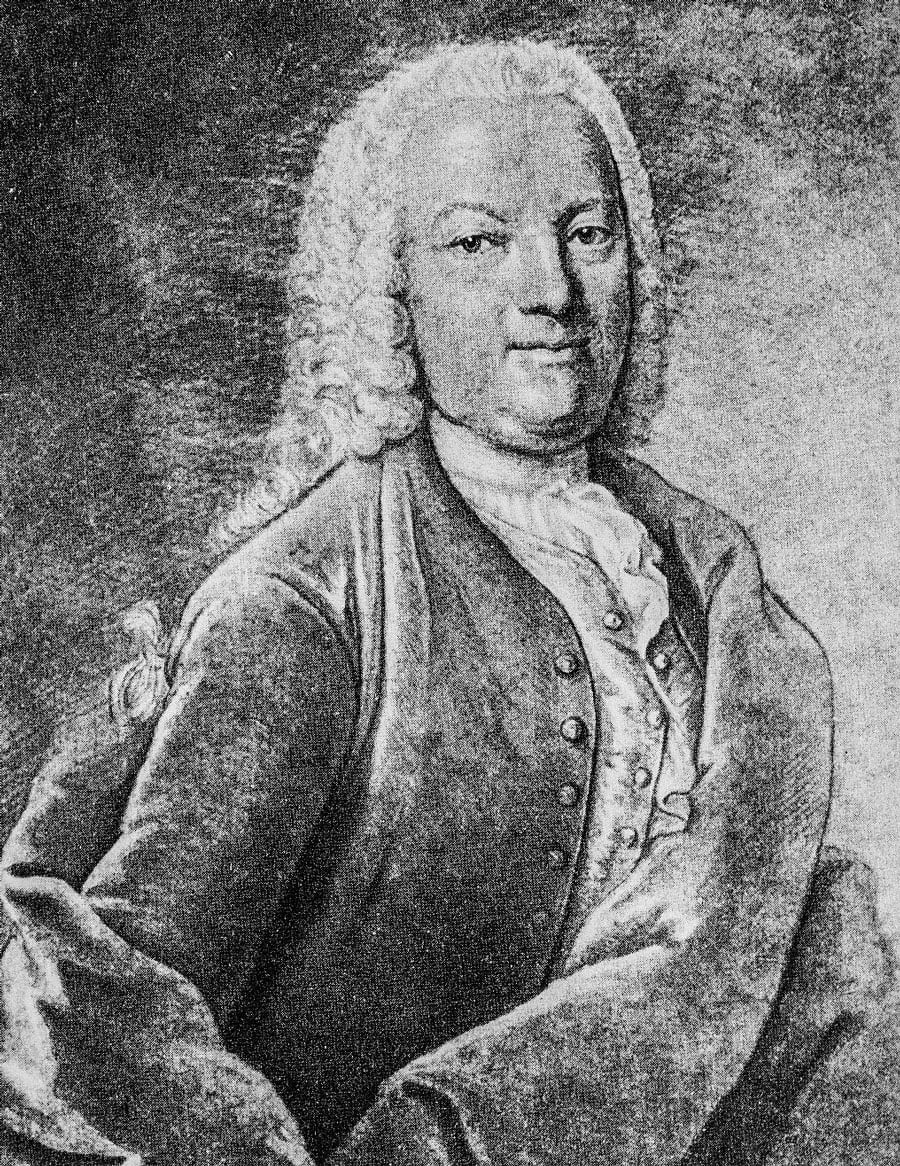
(Composition: Caroline Thon)
The original Part III “Conclusion” which is based on the three-movement suite „The truth of J.P.S.?“ has here in this version been further developed by the composer into an independent composition and got expanded by additional timbres and formal parts of, for example, a bass clarinet solo with a tangoesque underlay.
Instead of a sung Buddhist quotation, the main melody here is not the chant but the flugelhorn.
Caroline Thon also focuses on harmonic timbres and stringent development of the musical structure. A tongue-in-cheek quotation from the composer to this effect:
„I think I’m going through a rather romantic phase right now.“

Photo: Steve Bauch
(Composition: Christina Fuchs)
Mamoiada is a re-arrangement of the composition based on the program RELOADED#1.
The village of Mamoiada is located in the province of Nuoro in Sardinia. This is where the traditional folk dance “Passu Torrau” originates from. A vocal tradition based on four tenors is also native to the same area.
Christina Fuchs:
“This piece is inspired by the version “Passu Torrau” of the quartet “Tenore Gòine de Núgoro”. In 2016 Christina Fuchs has won the 1st prize in the International Composition Competition “Scrivere in Jazz” for jazz orchestra there and this is how she got in touch with the region. Since this concert had to be without electronic samples, I replaced the 4 tenors with 4 trombones.”
FUCHSTHONE RELOADED#3
With their RELOADED# concert series, the FUCHSTHONE ORCHESTRA, in cooperation with the European Center for Jazz and Contemporary Music / Stadtgarten Cologne, pursues the consistent ongoing development of their compositions in a direct exchange with the orchestra.

